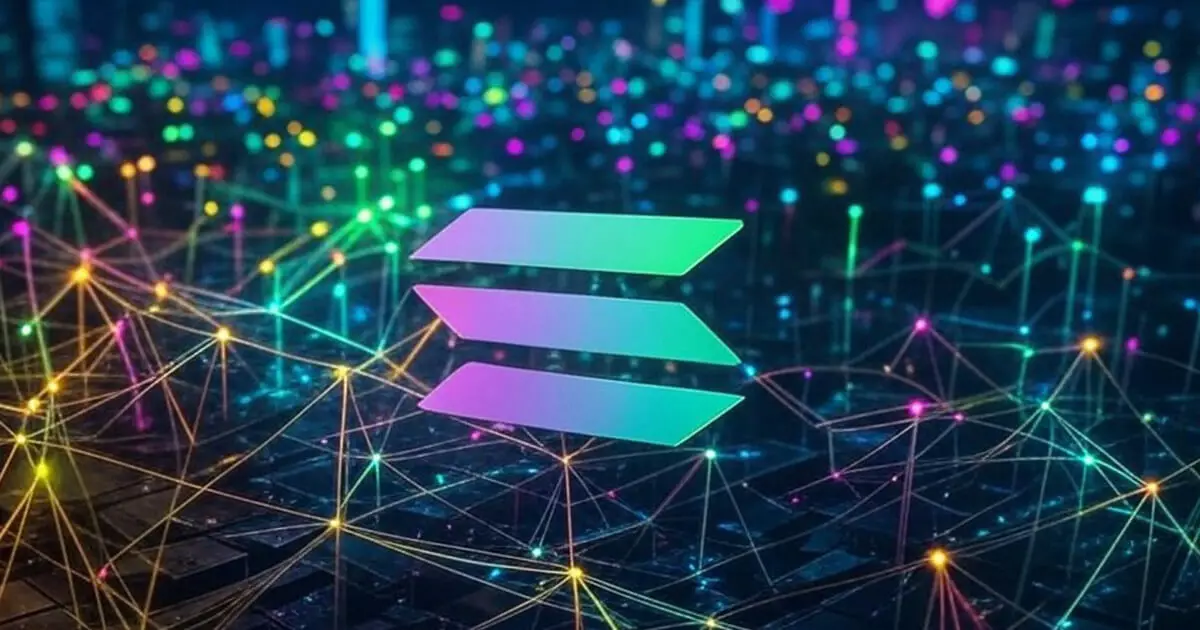In a recent announcement, Brian Armstrong, the CEO of Coinbase, took strides to reassure users about the ongoing issues with delayed Solana transactions. Amid rising frustration from users experiencing slow transaction processing, Armstrong communicated via the platform X that resolutions had been made, indicating that Solana transactions were back to normal. He acknowledged the severity of the inconvenience by stating that canceled transactions could now be retried and expressed his apologies for any difficulties caused during the slowdown.
Infrastructure Improvements Needed
Despite the successful resolution of existing backlogs, Armstrong recognized that the incident highlighted an urgent need for Coinbase to enhance its underlying infrastructure to better accommodate the demands of Solana’s ecosystem. The announcement comes at a time when the trading platform is witnessing increased activity, especially in areas such as decentralized exchanges (DEX) and the trading of memecoins—characteristics commonly associated with the Solana network. Armstrong pledged to elevate Coinbase’s service capabilities to ensure that Solana receives the same level of attention and support as more established cryptocurrencies like Bitcoin and Ethereum.
Coinbase’s challenges with processing Solana transactions are not completely unprecedented. Users have previously reported delays reaching up to 45 minutes when trying to execute transactions, with explanations ranging from wallet maintenance to broader network disruptions. Yet, what’s particularly alarming is that recent reports indicated transactions taking over 21 hours to complete—an unacceptable timeline for any trading platform vying for user trust in a fast-moving crypto environment.
The delays have startling implications for trading on Coinbase, especially during spikes in demand, such as the recent surge linked to Donald Trump-themed memecoins. The influx of users correlating their trading interests with these popular tokens created significant congestion not just on Coinbase, but also disrupted key Solana services like Phantom and Jito.
The spike in user activity could be interpreted positively, suggesting burgeoning interest in Solana’s offerings and a thriving ecosystem. However, such growth translates to a pressing obligation for Coinbase to streamline its processing capabilities and enhance the user experience. Armstrong has expressed a firm commitment to achieving tier 1 service for Solana, echoing the levels of reliability provided for Bitcoin and Ethereum amidst similar fluctuations in market activity.
While Coinbase’s leadership has identified viable paths for improving service, delivering on these assurances will be critical in retaining user confidence. The crypto market is notorious for its volatility, and effective management of transaction processing—especially during periods of heightened activity—will determine the platform’s long-term viability in a competitive landscape. Charles Darwin famously said, “It is not the strongest of the species that survive, nor the most intelligent, but the one most responsive to change.” For Coinbase, adapting to the changing dynamics of user demand, especially for rapidly evolving networks like Solana, will be crucial for sustainable growth and user trust moving forward.

